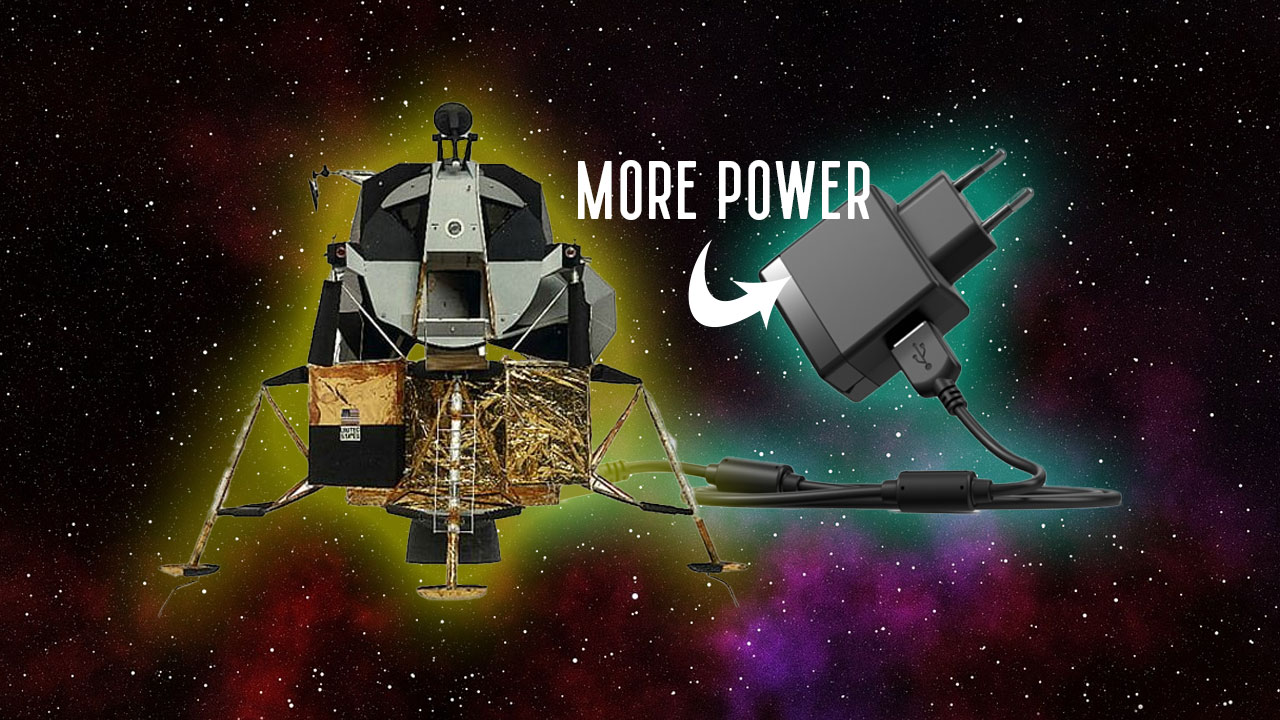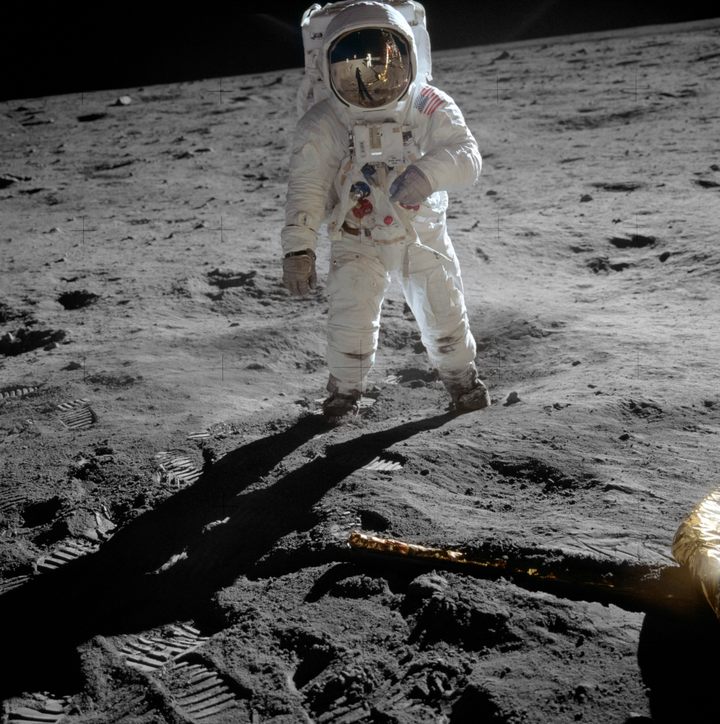To the Moon... with 4 KB of memory. Most Powerful Computers in History of Mankind That Were Weaker Than Your Laptop

- Most Powerful Computers in History of Mankind That Were Weaker Than Your Laptop
- Colossus project – glory of cryptography
- Deep Blue IBM – chess like no other
- Digital Jurassic Park
- The stuff Toy Story was made of
- To the Moon... with 4 KB of memory
To the Moon... with 4 KB of memory

So, what about this comparison between the calculator and the Apollo 11 mission? Is it true, or is it just a myth? Without delving into whether the Moon was actually real (it was), or was written and directed by Stanley Kubrick (it wasn't) – all the hardware used for sending people to the surface of the natural satellite of our planet is fully documented.
It's true that the technical papers of that time were not written with the terminology used today, but there's no problem with "translating" it. So, we know that AGC (Apollo Guidance Computer) had the equivalent of about 4 kB of RAM, and the computing unit worked at a frequency of approximately 1,024 MHz (2x 512 kHz) – though some sources even say 2,048 MHz. Considering that the, quite venerable today, TI-93 advanced calculator by Texas Instruments is equipped with 25 KB of RAM and a Zilog Z80 (6 MHz) processor, we can actually see that the popular claim is actually real. Let's be honest, though – a graphical calculator with many advanced functions is not a device that is found in every household, so the comparison doesn't really tell you much. So let's look at something more mundane.
According to official information, a single Google search requires significantly more computing power than the entire Apollo program. You got that right: not more than the landing module – more than the entire program required throughout 11 years. Still not enough? As calculated by the American blogger-programmer Forrest Heller, more advanced USB-C chargers have more computing power than the AGC. According to the calculations he made, four such devices would provide enough computing power to handle the entire Apollo 11 mission. So, the next time you receive an astronomical electricity bill, think about whether someone is not using your chargers for a manned mission to Mars.